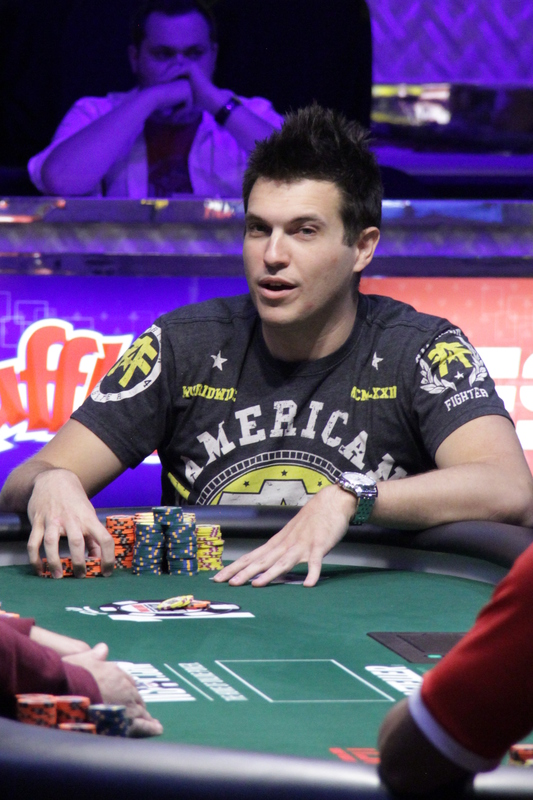






VIDEO: Upswing Poker's Doug Polk On Defending Your Big BlindThree-time WSOP Bracelet Winner Talks Poker Strategy In New CardPlayer Exclusive Video |
|
|
Want to get better at poker? Looking to go pro playing no-limit hold’em or just tired of losing in your local home game?
Who better to learn from then three-time World Series of Poker bracelet winner and high-stakes cash game regular Doug Polk.
Polk has teamed up with fellow bracelet winner Ryan Fee to offer the Upswing Poker Lab
The Upswing Poker Lab is a poker training course taught by Polk and Fee that is updated regularly with in-depth learning modules, theory videos, and a wealth of information to make you a better poker player.
Upswing Poker has partnered with Card Player to bring you some exclusive poker strategy content. In this video, Polk discusses defending your big blind and how this situation differs in cash games and tournaments.

“The second thing is that there is not going to rake in each individual hand in a tournament. That means that it’s a zero sum game from hand to hand, so defending is more attractive, whereas in a cash game when you call, often times rake is going to be taken, which should factor into your decision,” continues Polk.
“The raise size from one format to the other is going to be different,” says Polk of the third dissimilarity between cash games and tournaments in regards to blind defense. “In cash games, we normally see opens to 3 or 4 times the big blind, but in tournaments, we almost always see between 2 and 2.5 times the blind.”
“What is the sum of all these parts?” asks Polk. "You have to play WAY looser in the big blind in tournaments than you do in a cash game.
Polk then goes on to discuss some examples of how this conclusion affects some different scenarios, how having a raiser and one caller makes calling less attractive but having several callers is more attractive and much more.
Check out the full video at the top of the story for more of Polk’s analysis of defending the big blind.
Sign up for the Upswing Poker Lab today for step by step instructions and examples to master both the fundamental theories and situational exploits to greatly increase your skill and earnings.
